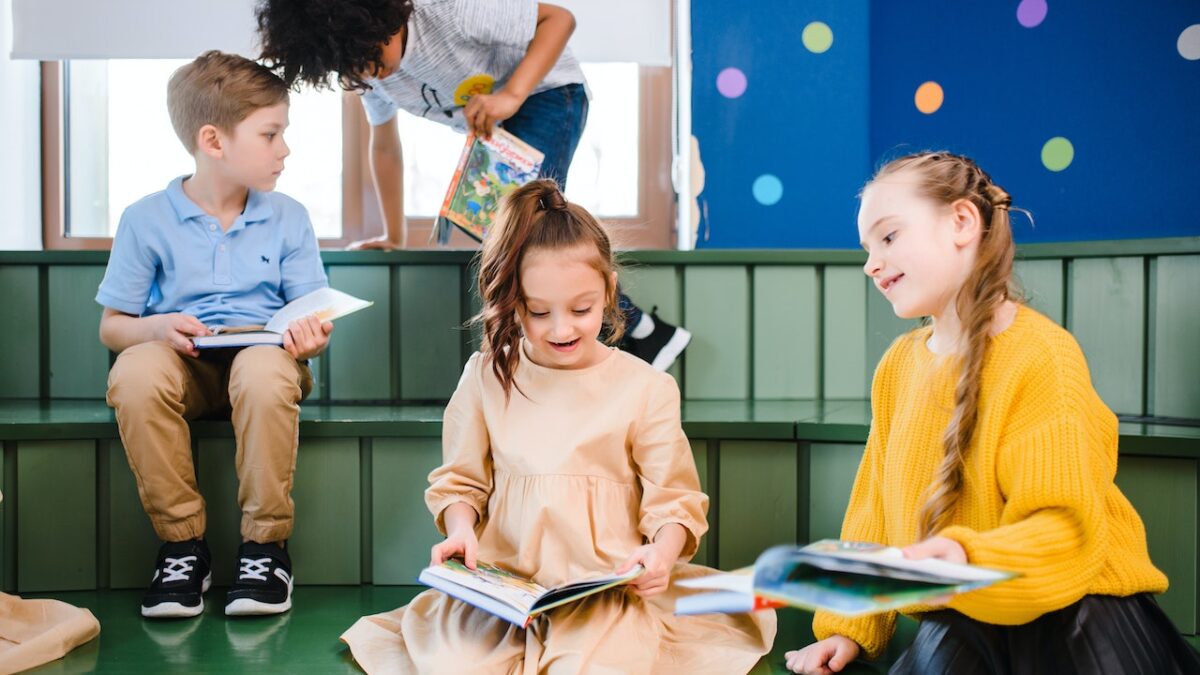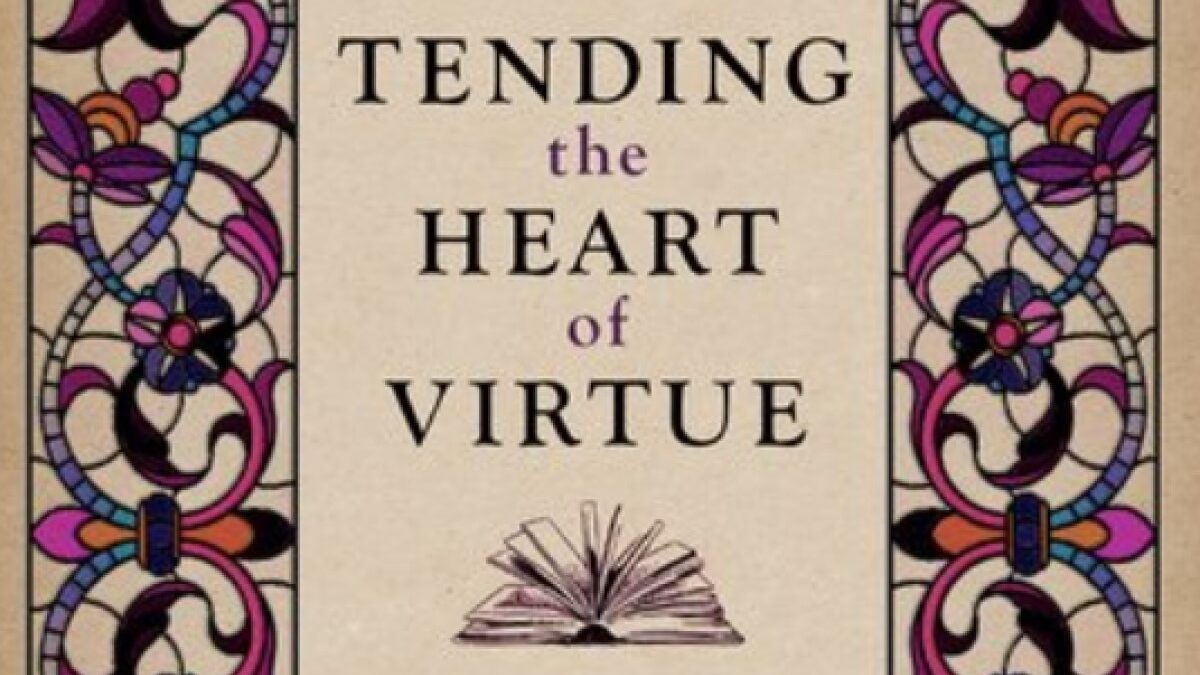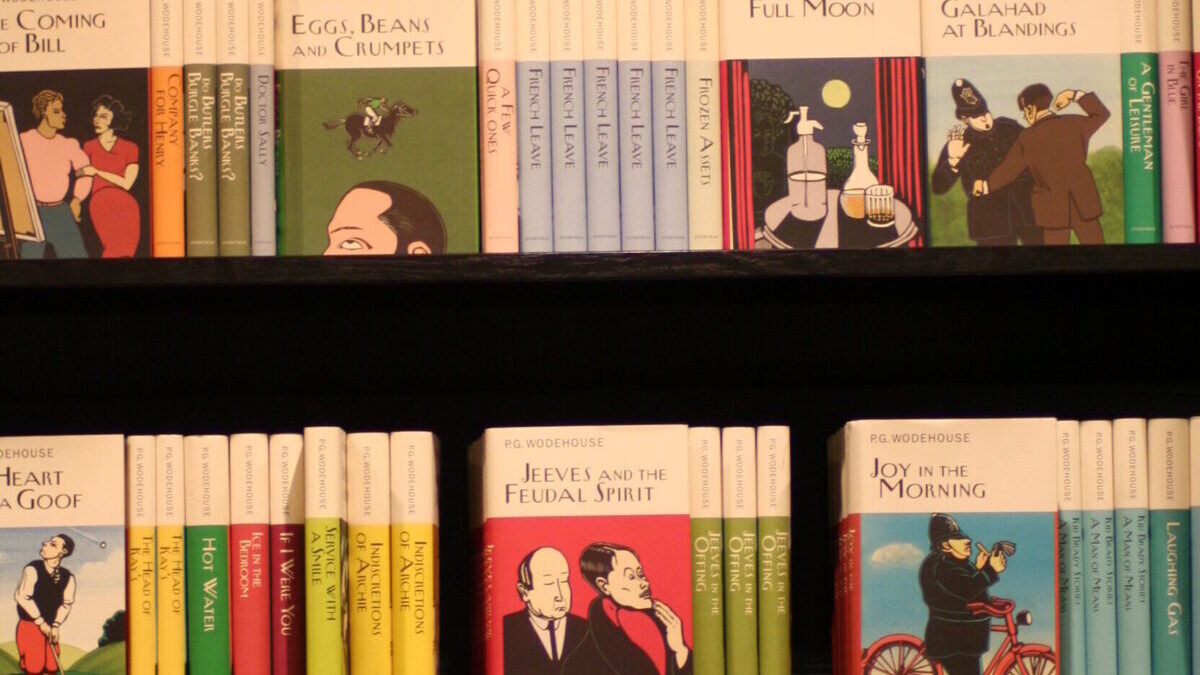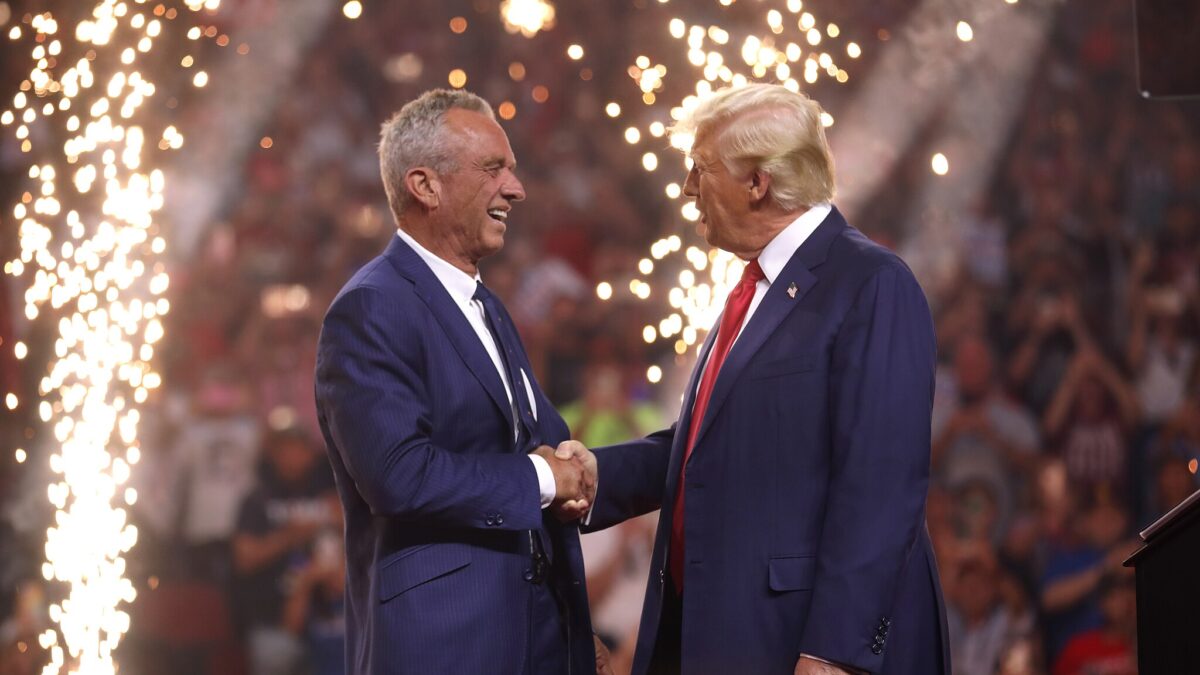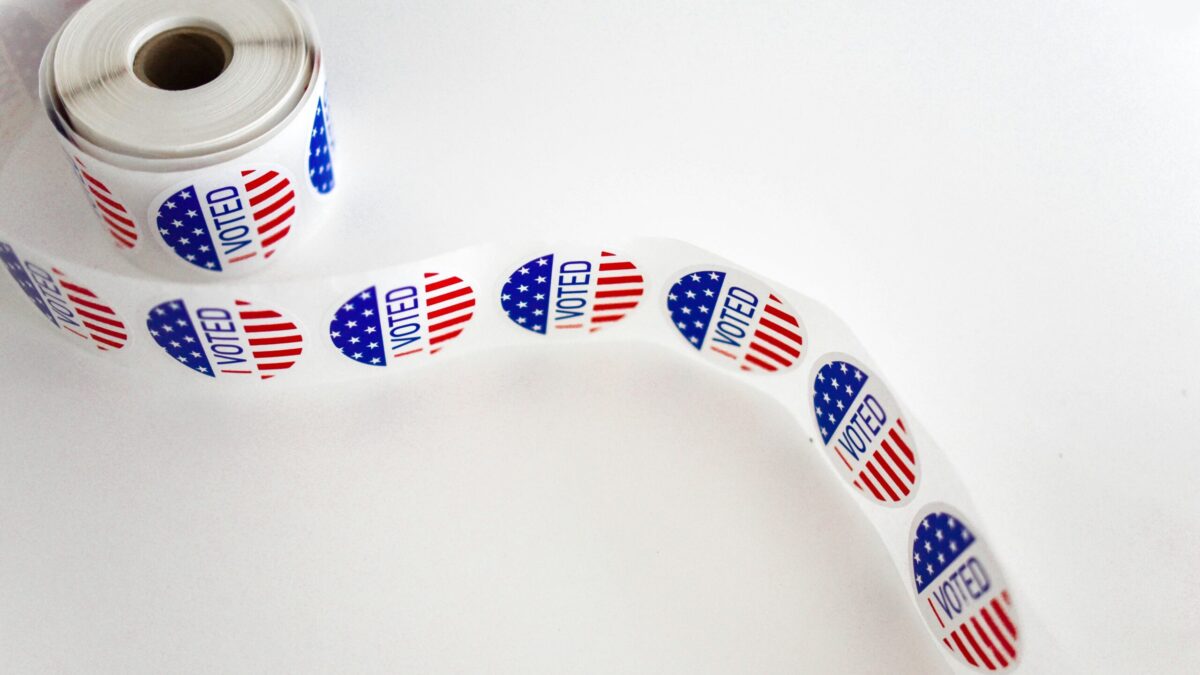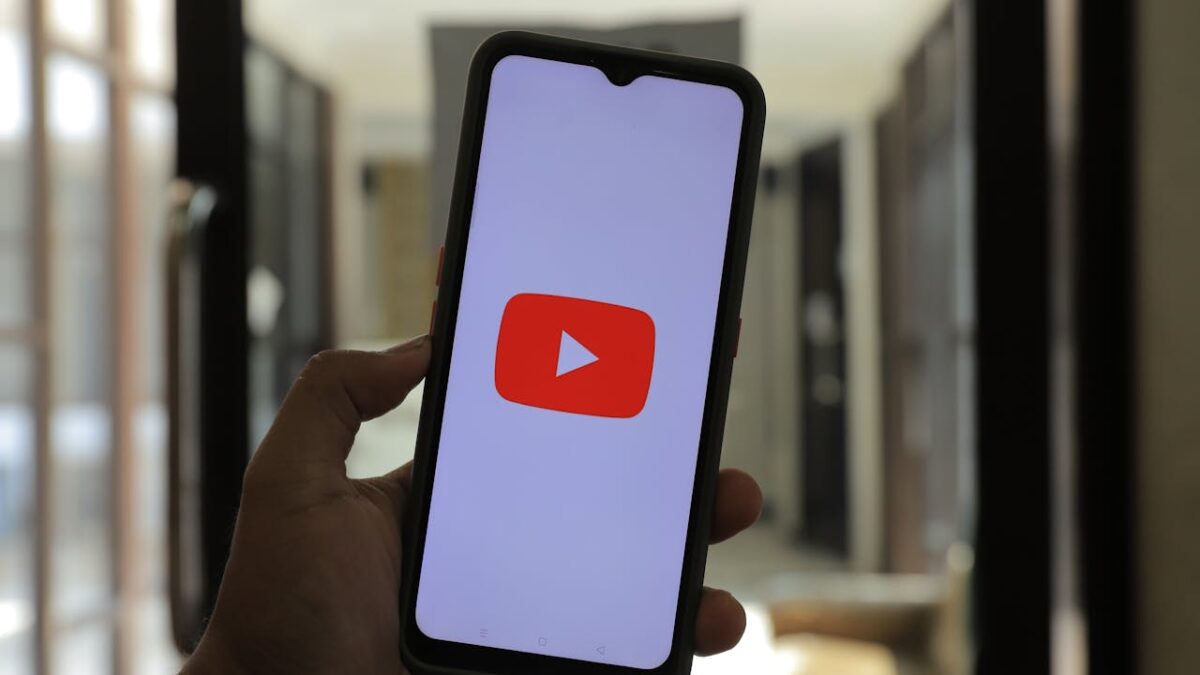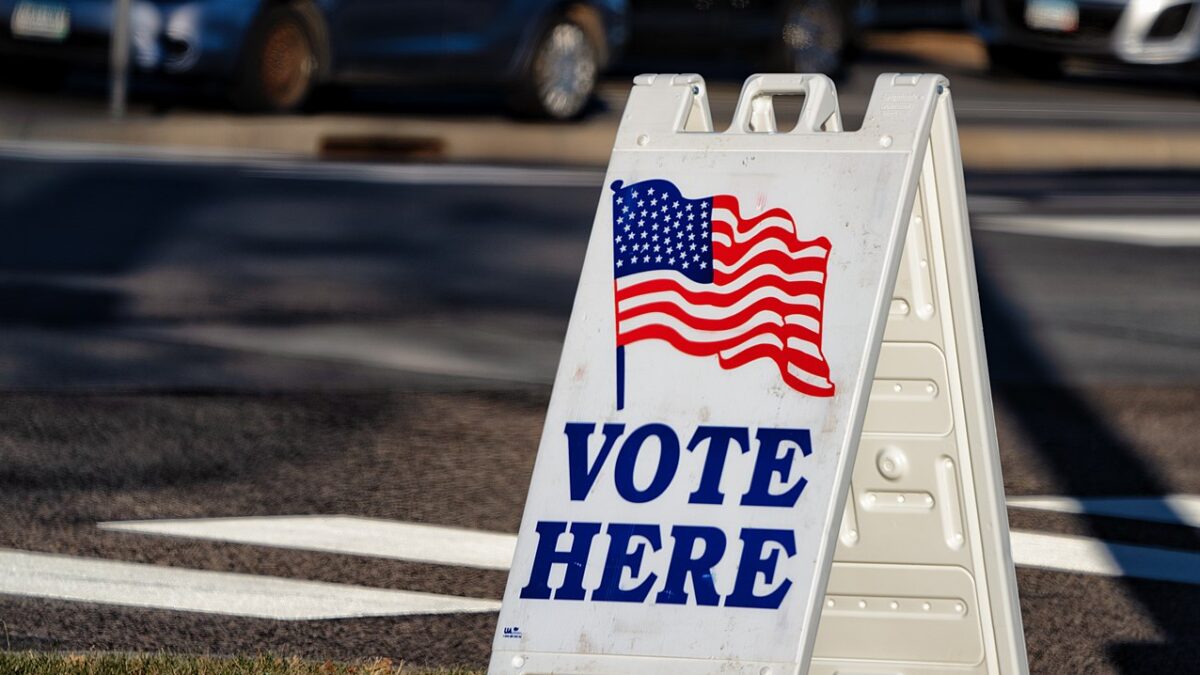Children’s books are one of the most powerful tools parents have to help teach their kids how to be good humans. From picture books being read at bedtime to novels being read by flashlight under blankets, kids flourish in the safety of stories as they develop their belief systems. Resilience, empathy, respect, and many other noble traits are portrayed and experienced vicariously through books. What a powerful tool!
Having been a part of the children’s book publishing industry for several decades, and as a passionate participant, I have watched in growing dismay as the children’s literature, or “kidlit,” world has shifted and changed, and most recently taken a drastic plummet. Parents need to understand the destructive path this industry has taken, or they will discover too late as the damage hits home.
Seeing the Shift
This shift in kidlit has been happening for a long time. About 25 years ago, novels that portrayed kids as environmental activists began to win awards. About 15 years ago, the award-winning books showed shocking, disturbing scenarios. Ten years ago, books that depicted sexualization and abuse at younger ages began to win awards. Then, five years ago, it shifted a bit more to where books focused on systemic racism and sexual identity won awards. Today, if books don’t include any of the above depictions, they are rarely published by medium and large publishing houses.
And it’s the medium and large publishing houses that supply schools, libraries, and bookstores.
Eight years ago, I organized a statewide writer’s conference for children’s book authors. We brought in several high-powered industry members from major publishing houses. One editor’s words threw open the window to this shifting world.
She asked a writer at our conference, who was a leftist himself, about his story. He explained that in his manuscript, his main character learns that his hero is gay. The protagonist is troubled by this and works through his feelings to come to acceptance later in the book.
The respected editor stopped the writer mid-explanation and said, “No.” She explained that in kids’ books, we must present the ideal as if it already exists. There can be no “being troubled by” gayness. There can be no “coming to terms with” sexual identity. The characters in our stories must immediately accept with positive responses any representation of modern social constructs. This immediately laudatory reaction to woke ideology is now required in kidlit. If an author doesn’t portray it as such, his book will not be published.
This pronouncement by the editor shocked me and many other writers there. The line had now been drawn. As writers, our hope of publication rested on our willingness to positively portray woke ideology.
Shortly after this conference, as a part of several online writers’ groups, I started to see comments like this: “We have a duty to save children from conservative, Christian thought,” and “It’s our responsibility as writers to right the wrongs of past traditional thinking.” In their minds, they were in a strategic position as writers of kids’ books to influence young minds in the direction they wanted. These groups soon canceled me.
A Normalization Campaign
In the past three years, there has been another dangerous shift. In 2020, the Publisher’s Weekly list of Best Middle Grade Books of the year featured 14 titles. These are books for kids ages 9 to 13. Out of the 14 books, nine on that year’s list openly spoke about racism and sexual identity. Each book’s description clearly identified these themes. Of the 14 books on the 2021 Best Books list, nine of the 14 again included topics of racism and sexual identity, but this time, some were clearly identified and others subtly presented. On the Publisher’s Weekly list of Best Middle Grade Books for 2022, nine of the 14 books discussed racism and sexual identity, but only one clearly stated so in the book description.
Publishers no longer openly tell readers about the portrayal of radical social agendas in their books. They are subtly inserting the concepts that they want to teach young kids without letting parents know they are there.
This shift frightens me more. We have moved from the inclusion of liberal social agendas in kids’ books — and flaunting it — to sneaking them in under the radar of parents. This is called normalization. The goal is to include these ideologies in exciting, adventurous stories so they become commonplace. Woke ideology has shifted from being the make-up of a book’s plot lines to the fabric of the setting — the normal backdrop of the story as if it exists that way in real life.
This normalization leads to acceptance, which leads to embracing. By weaving these social agendas into the “normal” background of a story, a child who feels shocked at a scene or description immediately shifts to feeling shame for being shocked in the first place. Kids will seek to replace their shame with acceptance. This is the power of normalization.
When I know what a book is about, I can make sure my child doesn’t read it. When I’m being kept in the dark, these ideologies may slip past me and fall directly into my child’s hands and mind. Strong storytelling mixed with normalized social agendas creates a book that will influence my child in ways I don’t want. This is the power the industry holds.
We can no longer walk into a library or bookstore, grab a children’s novel off the shelf, and expect it to be clean, based on traditional values, or to contain age-appropriate material. It won’t.
The Library Lurch
And not only books and publishers pose a problem. After the seismic cultural shift that happened in 2016, libraries across the nation purged their shelves of anything “old.” This weeding out pulled many classics, which got some attention, but the deepest cuts were made in the children’s departments. Traditional values were ejected to make room for new, modern left-wing values — from board books for babies to young adult novels.
Many homeschool families use literature extensively in their programs because of the versatility of the media. But these families have increasingly become dismayed at what they are finding at the local libraries they have depended on for so long. I have heard from many parents that they no longer go to the library at all. What a shame! Even when well-meaning people donate clean books with traditional values to their local libraries, in the hopes of spreading light, many new library acquisition policies dictate that the donations be thrown away.
Of 12,000 librarian donors to the 2020 presidential campaign, 93 percent went to President Joe Biden. The vast majority of public and school librarians across the nation are leftist in their personal beliefs and are more than happy to join the publishing industry in promoting their ideals. We see this in children’s book promotional displays, in the way librarians arrange books on shelves, and in the books they order. In your library, you may find more than a dozen different children’s biographies on Ruth Bader Ginsberg, but not even one on Amy Coney Barrett. This has become typical.
On Feb. 25, 2023, conservative children’s book publisher Brave Books, hosted a story hour at the Hendersonville, Tennessee Public Library. Kirk Cameron, Missy Robertson, and Riley Gaines went to read their traditional-value books to kids. When the librarian learned who they were, he tried to stop the story hour, saying he “didn’t want their movement” in his library. This librarian had previously hosted drag queen story hours. But Brave Books had arranged the story hour according to the library’s policies, so it couldn’t be stopped. So instead, the head librarian, along with his two assistants, did everything they could to disrupt the event. They blasted music, banged tables, and tried shouting them down.
Fortunately, Hendersonville is a very conservative community. Almost a thousand families came to the library for the story hour and appreciated the opportunity to stand up for traditional values in kids’ books. Due to public outcry, within a few weeks, the librarian had been fired.
This is what we’re up against. The entire children’s book publishing industry — from authors to publishers to librarians — believes it should have the power to control your children’s minds. And it has systematically and progressively gained that access.
